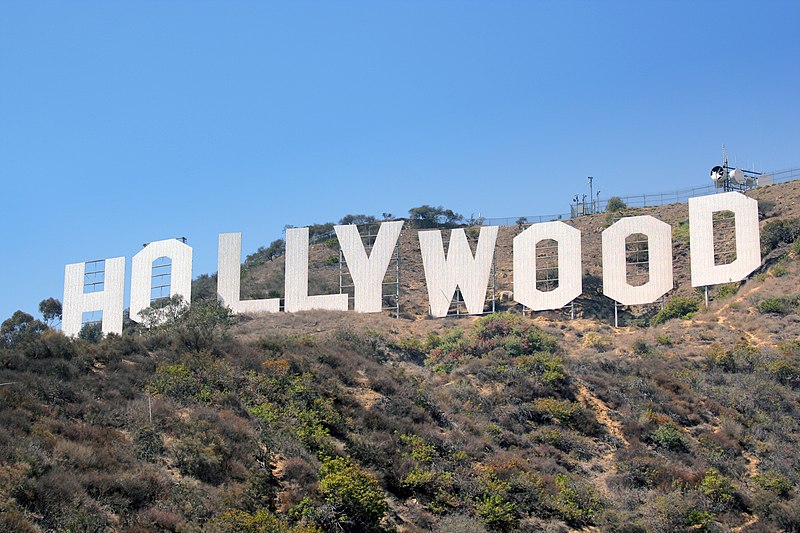
Hollywood writers have officially ended their strike, bringing to a close nearly five months of labor unrest. The Writers Guild of America (WGA) announced in a statement that
union leaders had voted unanimously to lift the restraining order and put an end to the strike.
Now, the WGA's 11,500 members will cast their votes to determine whether they approve a proposed three-year deal, which includes pay increases and safeguards concerning the use of artificial intelligence (AI) in their work.
Simultaneously, another ongoing dispute involves actors who are also participating in the strike.
The writers initiated their walkout on May 2nd, and on July 13th, members of the Screen Actors Guild (SAG) joined them, making this strike one of the longest and most impactful in Hollywood's recent history. The primary issues at stake were fair compensation and addressing concerns related to the integration of AI in the entertainment industry.
Economist Kevin Klowden of the Milken Institute estimated that this prolonged strike has incurred approximately $5 billion (£4.08 billion) in losses for the U.S. economy.
The strike led to the suspension of numerous high-profile American shows, including "Billions," "The Handmaid's Tale," "Hacks," "Severance," "Yellowjackets," "The Last of Us," "Stranger Things," "Abbott Elementary," and various daytime and late-night talk programs.
With the strike's conclusion, some of these shows can now resume production. For instance, Bill Maher, the host of HBO's "Real Time," announced on social media that fresh episodes would return starting Friday.
Earlier this week, screenwriters revealed that they had reached a tentative agreement with studio executives; however, no specifics were disclosed regarding the deal's terms.
Nonetheless, the resolution of the WGA strike does not entirely restore normalcy to Hollywood, as the actors' union, which began striking in July, remains engaged in labor action.
Similar to the writers, actors are advocating for improved wages, better working conditions, and enhanced health and pension benefits. They are also seeking to establish clear guidelines for the utilization of AI in future television and film productions.
The breakthrough achieved by the WGA could potentially serve as a framework for SAG-AFTRA as they negotiate their own agreement with Hollywood studios. Photo by boereck, Wikimedia commons.








































